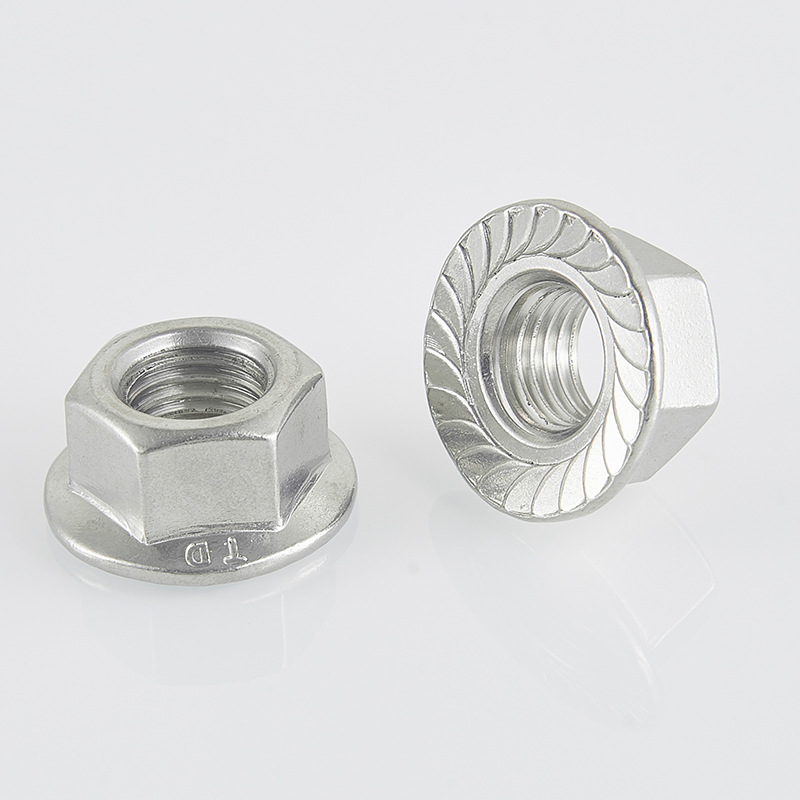

Self-Tapping Screws for Steel Applications A Comprehensive Guide to Fastening Solutions
Aug . 13, 2024 13:14 Back to list
Self-Tapping Screws for Steel Applications A Comprehensive Guide to Fastening Solutions
The Essential Guide to Self-Drilling Tapping Screws for Steel Applications
Self-drilling tapping screws have become increasingly popular in various industries due to their unique design and functionality. These screws are specifically engineered to penetrate steel and other hard materials without the need for a pre-drilled hole, making them an ideal choice for construction and manufacturing applications.
How Self-Drilling Tapping Screws Work
The design of self-drilling tapping screws combines two important features a drill bit tip and a thread that tapers down. The drill bit enables the screw to create its own hole as it is driven into the material, while the threads are designed to engage with the material effectively, creating a strong hold. This dual functionality simplifies the fastening process, reduces installation time, and minimizes the need for additional tools.
Benefits of Using Self-Drilling Tapping Screws in Steel Projects
1. Time Efficiency One of the most notable advantages of self-drilling tapping screws is the time savings they provide. By eliminating the need for pre-drilling, these screws allow workers to quickly fasten materials together, which is essential in time-sensitive projects.
2. Strong and Secure Joints Self-drilling tapping screws create tight, reliable connections that can withstand significant loads. Their design ensures that they cut into the steel without damaging the integrity of the surrounding material.
3. Versatility Self-drilling tapping screws are available in a variety of sizes and coatings, making them suitable for a wide range of applications, from metal roofing to structural steel assembly. Their versatility means they can be used in numerous sectors, including construction, automotive, and appliance manufacturing.
4. Ease of Use These screws can be driven into steel using standard power tools, which simplifies their use in various settings. The convenience of not needing to switch between different drilling and fastening tools makes them particularly popular among professionals.
Choosing the Right Self-Drilling Tapping Screws
self drilling tapping screws steel

When selecting self-drilling tapping screws for steel, it’s essential to consider several factors
- Material Ensure that the screws are made from high-grade materials, such as stainless steel or carbon steel, which provide enhanced corrosion resistance and strength.
- Coating Depending on the application, the screw’s coating may be crucial. Some screws come with specialized coatings, such as zinc plating, to improve resistance to corrosion and wear.
- Length and Diameter Choosing the right length and diameter is critical to ensure that the screw can penetrate the material effectively while providing adequate holding power.
- Thread Design Different applications may require specific thread designs. For instance, finer threads may be better for thin sheets of metal, while coarser threads can provide superior grip for thicker materials.
Applications Across Industries
Self-drilling tapping screws are widely used in construction, particularly for roofing, metal framing, and sheet metal applications. Additionally, they are essential in the automotive industry for assembling various components, as well as in manufacturing industrial equipment and appliances.
Conclusion
In summary, self-drilling tapping screws are invaluable tools in any toolkit, particularly for professionals working with steel. Their innovative design, coupled with numerous advantages such as time efficiency, strong joints, and versatility, make them a superior choice for a wide variety of applications. By selecting the appropriate type and size for each project, users can optimize their fastening processes and ensure the durability and reliability of their constructions. Whether in construction, manufacturing, or automotive assembly, self-drilling tapping screws are the solution for efficient steel fastening.
Latest news
-
High-Strength Hot-Dip Galvanized Bolts-Hebei Longze|Corrosion Resistance&High Strength
NewsJul.30,2025
-
Hot Dip Galvanized Bolts-Hebei Longze|Corrosion Resistance&High Strength
NewsJul.30,2025
-
Hot Dip Galvanized Bolts - Hebei Longze | Corrosion Resistance, High Strength
NewsJul.30,2025
-
High-Strength Hot Dip Galvanized Bolts-Hebei Longze|Corrosion Resistance, Grade 8.8
NewsJul.30,2025
-
Hot Dip Galvanized Bolts-Hebei Longze|Corrosion Resistance,High Strength
NewsJul.29,2025
-
High-Strength Hot Dip Galvanized Bolts - Hebei Longze Metal Products Manufacturing Co., Ltd.|corrosion resistance&high strength
NewsJul.29,2025

